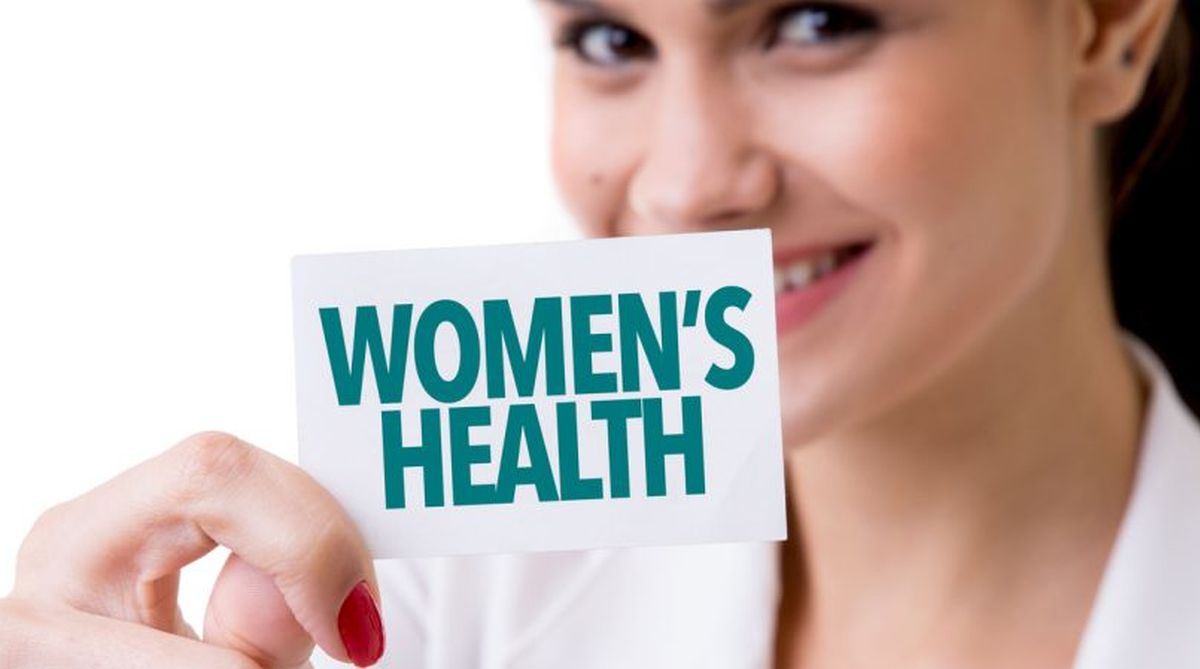It’s high time that women got empowered, especially in terms of access to basic health rights because two-thirds (63%) of married women are found to have no say in their own health decisions, say experts.
The National Family Health Survey (NFHS-4) 2015/16 based on about 59 crore women in India says less than two-thirds (63%) of married women have any say in their own health care or other household decisions. And 30% of women experienced physical violence since the age of 15.
Advertisement
Further, 33% of married women experienced physical violence, 14% sexual violence and 7% spousal sexual violence.
In an earlier report on women and health, the World Health Organisation had indicated that although women tend to live longer, they do not stand to gain from the greater longevity, particularly in parts of Asia. This is primarily due to factors including gender discrimination, and violence against them ~ which is also an additional risk to their health.
Discussing the issue, Padma Shri awardee, Dr KK Aggarwal, president, HCFI, said, “Health is usually put on the backburner in case of women ~ by them or their families ~ and any health conditions in them generally go unnoticed until it’s too late. Women are not diagnosed or treated as aggressively as men.
Even though more women than men die of heart disease each year, women receive only 33% of all angioplasties, stents and bypass surgeries; 28% of implantable defibrillators and 36% of open-heart surgeries, according to the National Coalition for Women with Heart Disease.
Women are an integral and indispensable part of any family and therefore, should receive equal attention and care, he says. “It is imperative to spread awareness on the fact that women too are prone to serious health problems, which if diagnosed and treated at the right time can help in preventing further complications,” he added. Some serious health issues in them include cancers of the breast and cervix, heart diseases, pregnancy complications, etc.
Metabolic syndrome — a combination of increased blood pressure, elevated blood glucose and triglycerides — has a greater impact on women than men.
Mental stress and depression affect women’s hearts more. Smoking is much worse for women than men.
Dr Aggarwal advised a heart check-up for all women who are older than 45. He also prescribed 60 to 90 minutes of moderate-to-intense activity (brisk walking) every day for all young women.
They must change their lifestyle to include weight control, increased physical activity, alcohol moderation, sodium restriction and an emphasis on eating fresh fruits, vegetables and low-fat dairy products, he adds.
For Dr Priyanka Rohatgi, Chief Clinical Nutritionist, Apollo Hospitals, one and all must avoid rich festive feast indulgence even when the entire family comes together for celebrations as these tend to be rich in fats, sugar and carbohydrates.
“The sluggishness one feels after indulging in a feast (also known as postprandial somnolence) is due to consumption of foods that have a high glycemic index. Such foods quickly increase blood sugar, induce an insulin rush and thus lead to a food coma, makes you feel sleepy and in people who are diabetic, serious health complications can occur,” she says.
Women, Dr Aggarwal said, must lower saturated fats intake to less than 7% of calories; stop hormone replacement therapy, selective estrogen receptor modulators, antioxidant supplements (vitamin E, C and beta-carotene) and folic acid for primary or secondary prevention of heart disease.











